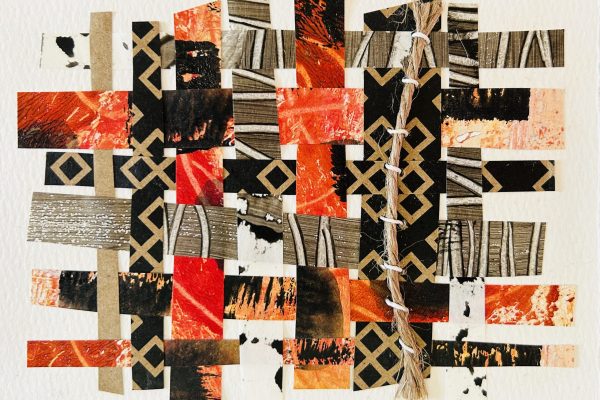Hod sh’b’Malchut – Humility of Sovereignty
To love anyone—partner, neighbor, or stranger—is to make space for another. But where is there room for another, if we’re full of ourselves?!
Isaac Luria of Tzfat nailed this in 1570: with God everywhere, there was no room for others—until the very first act of love (hesed): God self-contracting, making space for creation, through humility! This pulling back to make way for others is called tzimtzum. And, for us, created in God’s image, tzimtzum is a spiritual practice worth all our effort.
To self-contract can be hard. Poet Marge Piercy, in “Nishmat,” says, “Let…the whining of the ego, cease. Let silence still us…” (Reconstructionist Shabbat Siddur, p. 233). We, like God, must practice tzimtzum.
With great power comes great responsibility. So when we find ourselves in positions of power, when we are sovereign over others as God is sovereign (Malchut), we must take great pains to ensure that we maintain humility (anavah, or among the sefirot, Hod).
It’s easy to point the finger outward: at rulers who know only hubris, who claim to know more about X or Y than anyone, who tell supporters that they alone can fix things, who say (with a straight face to a female reporter on 60 Minutes), “I think I’m much more humble than you would understand.” Painfully easy, to point that finger. But true humility requires us to take the stance of teshuvah (introspection/repentance), and point the finger inward, too. That’s harder.
We find ourselves above others, as if ruling over them, through privilege—be it White, straight, able-bodied, cis-gender, male, well-off, etc. Unexamined (and thus still unrepentant) privilege is, itself, hubris. Righteousness requires tzimtzum on all fronts: our own sacred self-contraction. Those with more, those who rule, must step back and take up less space, consciously creating space for the flourishing of others.
And even less-privileged people still rule over the rest of Creation. Humans got ‘ahead’ by claiming what rightly belonged to others—not just indigenous peoples, but the whole seder bereshit, order of Creation; millions of species besides our one. We squeezed them out in the process. To restore balance we must do teshuvah—make real change—through humility, through tzimtzum. Only when we shrink our footprint, even if it costs us some comfort (think thermostat) or convenience (think car) or cash, will we ensure the flourishing of nature, of today’s global poor, and of our own descendants.
Those who rule, in any way and to any extent, bear extra responsibility to self-contract, to step back, to do tzimtzum. Humility in the White House; humility in your house and my house. Hod in Malchut: humility in sovereignty.
Adapted from a 2017 Yom Kippur sermon. Image by D’vorah Horn from her set of Omer Practice Cards (2016).










